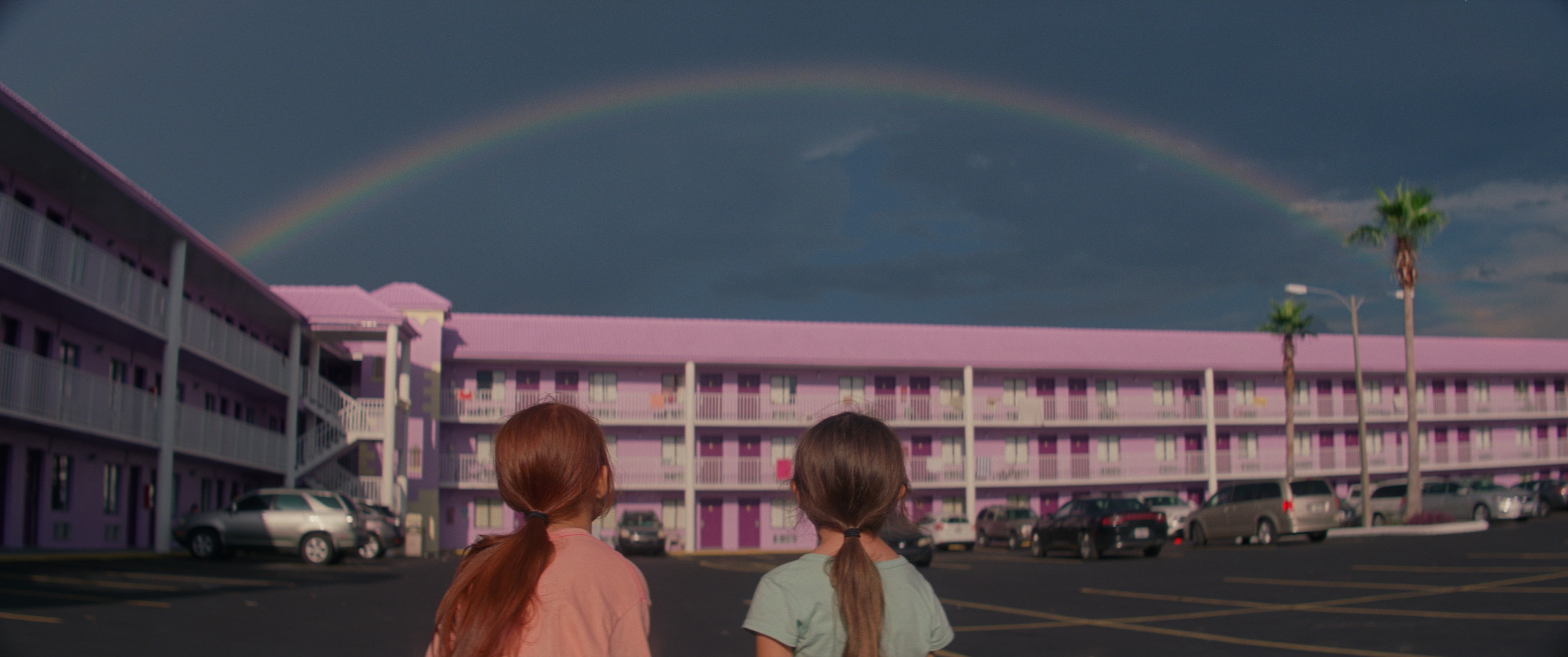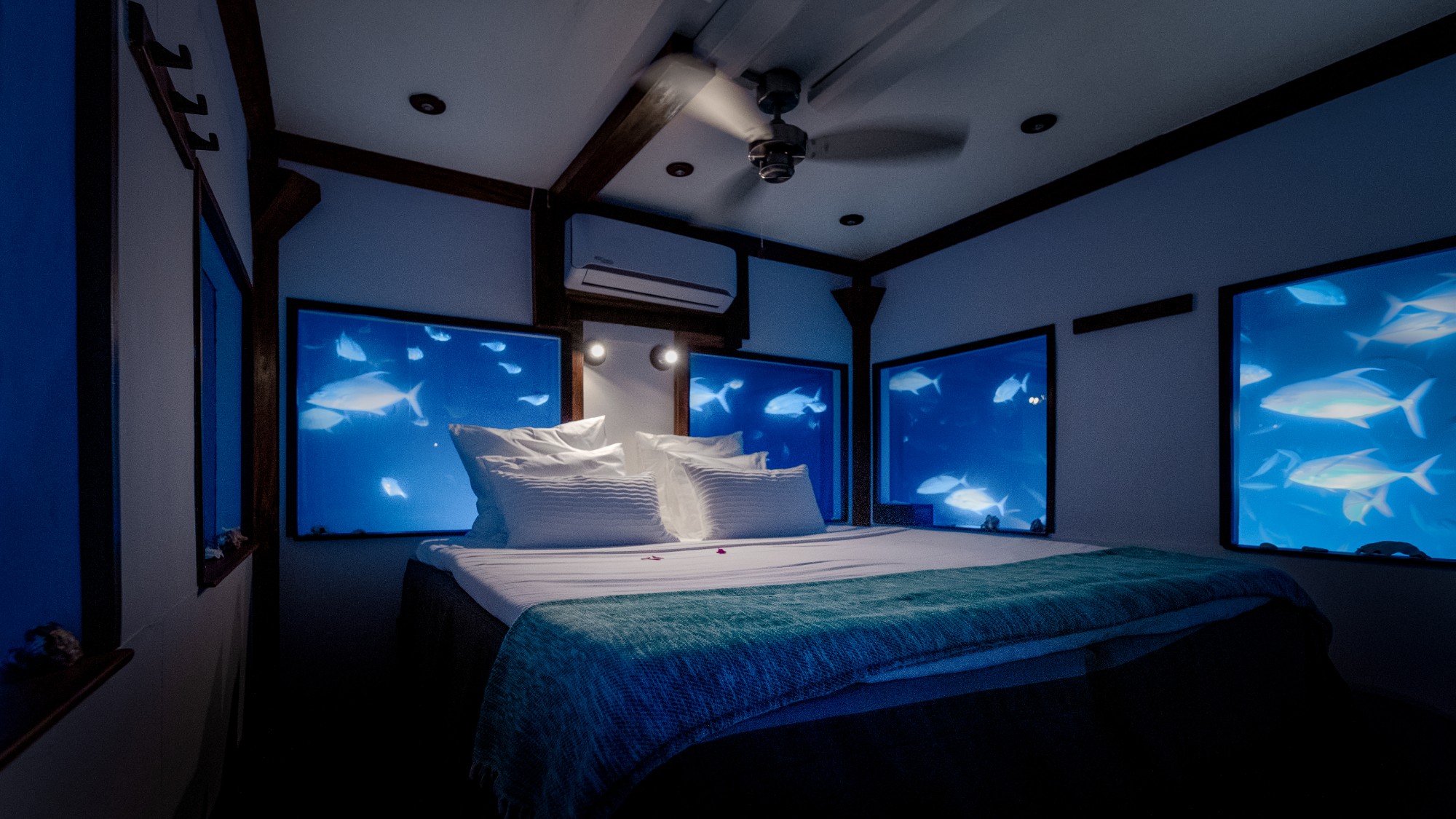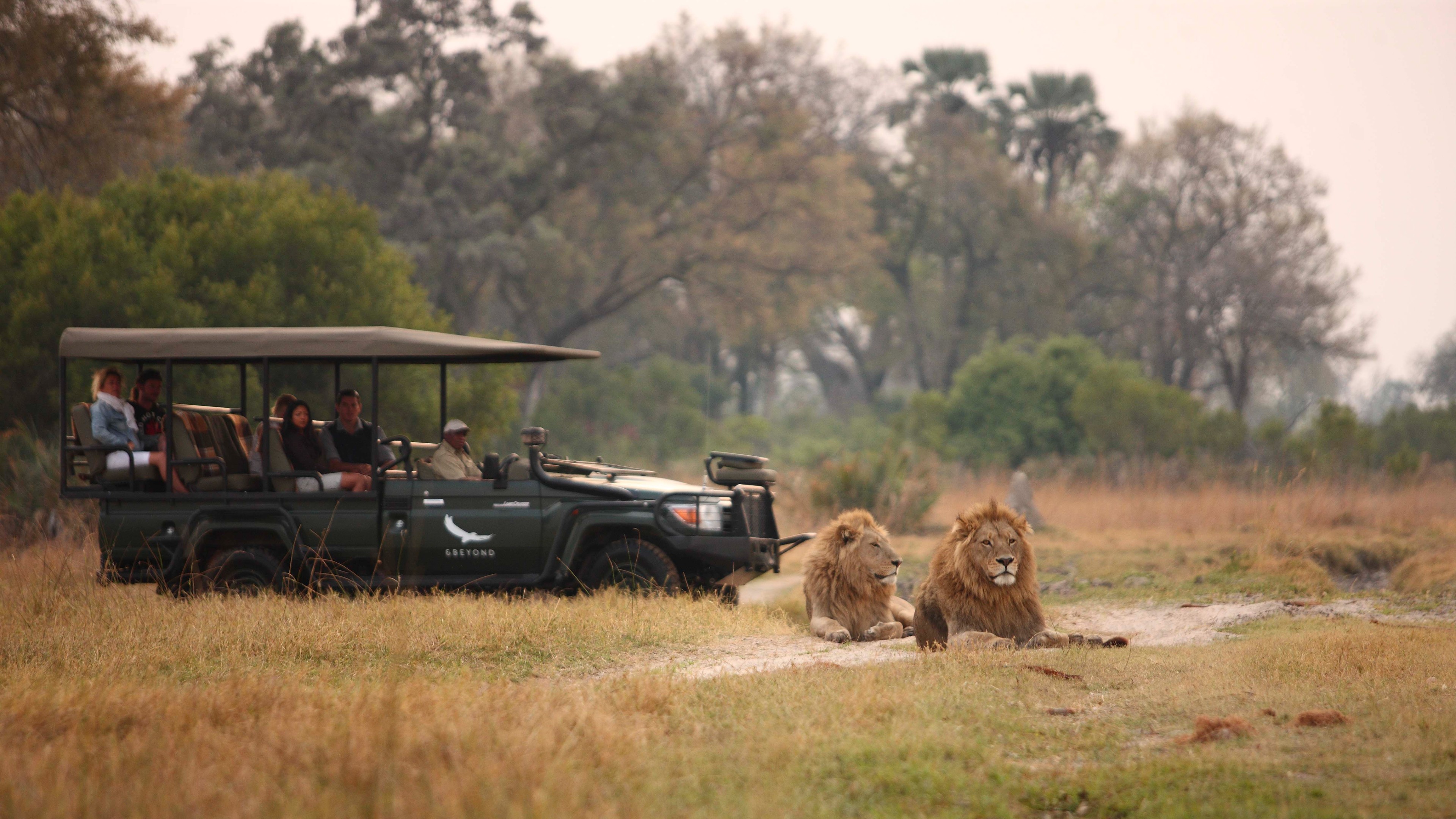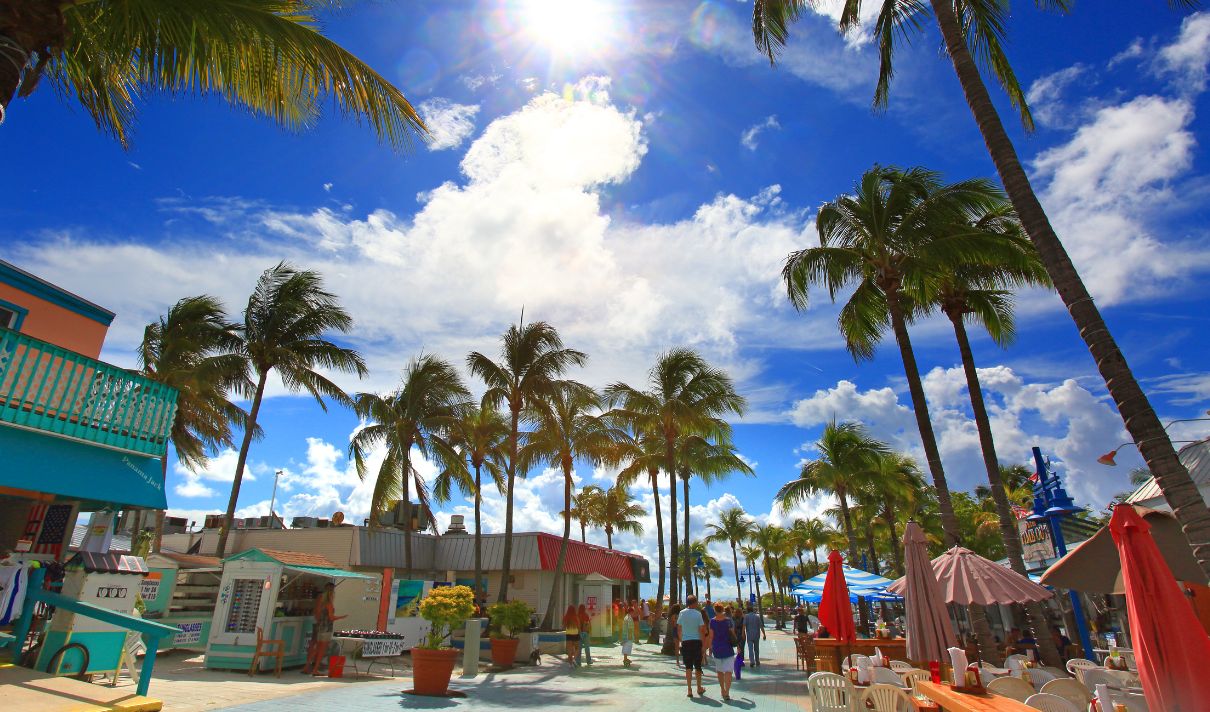The complicated poverty of The Florida Project
This is The Little Rascals amidst ruinous poverty. And it works.


A free daily email with the biggest news stories of the day – and the best features from TheWeek.com
You are now subscribed
Your newsletter sign-up was successful
Throughout The Florida Project, a little girl named Moonee runs from one off-brand Disney-adjacent Orlando motel to another, roping her pint-sized friends into reckless adventures. They're so small they almost go unnoticed, as they zip between the likes of Futureland and the Enchanted Inn, stopping off at abandoned resort homes and office parks to smash up whatever the former occupants left behind. These kids are having the time of their lives.
They're also desperately poor. And if any passersby cared enough to meddle, all it would take is a phone call to get Moonee and her pals pulled off the streets and into Child Protective Services.
Since it debuted at Cannes back in May, The Florida Project has won praise for the performances of Brooklyn Kimberly Prince as Moonee and Willem Dafoe as Bobby, the benevolent manager of the Magic Castle motel where the girl lives with her sporadically employed mother Halley, played by the equally assured Bria Vinaite. Director Sean Baker (who co-wrote the film with Chris Bergoch) has been hailed for the film's exuberance and color, which takes the plight of people living on the edge and makes it look almost ... fun.
The Week
Escape your echo chamber. Get the facts behind the news, plus analysis from multiple perspectives.

Sign up for The Week's Free Newsletters
From our morning news briefing to a weekly Good News Newsletter, get the best of The Week delivered directly to your inbox.
From our morning news briefing to a weekly Good News Newsletter, get the best of The Week delivered directly to your inbox.
That's a tricky tone for any filmmaker to finesse, finding the entertainment value in a miserable situation, without exploiting it for cheap laughs or pathos. Baker pulls it off by drawing on an unlikely inspiration: The Little Rascals. This movie puts the wild, comic tales of resourceful poor kids into a frame, pulling back just enough to make it clear that the situation Moonee's in — while exciting — is untenable.
The Florida Project really tells three stories, each in little impressionistic snippets that require the viewer to fill in some blanks. The first is about Bobby, who does his best to keep his guests safe and satisfied, and to keep his property clean and functional — while also keeping an eye out for criminal activity, and dealing with the disappointed Disney World tourists who've ended up in his low-rent establishment by mistake. The second is about Halley, a proud but self-destructive young woman who'd rather party than plan, and who gets huffy whenever anyone questions her lifestyle choices or her parenting skills.
And then there's Moonee, who gets the bulk of this movie's screen time. She's cute, funny, and clever, with a winning smile and a big heart. But like her mom, she's unapologetically mischievous, and Baker doesn't shy away from painting her antics as genuinely dangerous. She starts fires, pesters strangers, and does real damage around the Magic Castle — making Bobby's job trickier, given that he genuinely likes her and wants to protect her.
What's refreshing about The Florida Project is that Baker encourages audiences to identify with how Moonee sees herself — as someone who has a blast every day, doing whatever she wants with minimal adult supervision — while still understanding that she'd probably be better off under the care of the state.
A free daily email with the biggest news stories of the day – and the best features from TheWeek.com
It's incredibly rare for an American movie to hold two conflicting thoughts at once, without becoming contrived or didactic. The Florida Project does this over and over, for two hours. Baker simultaneously recognizes the tackiness and the eerie beauty of the tourist traps flanking Moonee's home. He appreciates the camaraderie shared by the residents of the Magic Castle — many of whom are single moms, just like Halley — while also seeing how that they cover for each other in ways that inadvertently make it easier for them to remain stuck. (They're essentially living in a closed economic system, cycling the same few minimum wage and criminally obtained dollars between each other.)
Baker's greatest gift is observation without exaggeration. This movie is filled with well-chosen insert shots and brief vignettes, drawn from real life: like the gaudy motel signs that have clearly slapped new names over old, perhaps because Disney lawyers claimed they were infringing too much on their intellectual property; or the helicopter tours that take off and land in the field near the Magic Castle, unconcerned about disturbing the people who live nearby. The Florida Project is scored to the sound of helicopter rotors, screaming arguments in parking lots, and commercials blaring from motel TVs.
The movie is also clear about what it takes for Halley and her friends to survive. Bobby skirts the law by having his extended-stay guests move out for one night a month so that they don't establish residency; but while he tries not to question how they get the money to pay their rent, he also keeps a close eye on the comings and goings in every room, to make sure that no one's dealing drugs or turning tricks.
Baker documents the economic disparity and sad ironies of Orlando, where barely a mile away from places like the Magic Castle there are hotel buffets stocked with more food than Disney guests could ever consume, and nice houses that have been sitting empty since the real estate crash a decade ago. (When Moonee breaks into one of those houses, she cheerfully notes, "This could be my bedroom!")
But The Florida Project doesn't hold Halley or even Moonee blameless for the troubles they're in. They're both unhelpfully obstinate — at times infuriatingly so. They also clearly love each other, enjoy each other's company, and value self-indulgence in a way that's almost inspiring.
So often in movies, the poor are presented as silently, nobly suffering, or are held up as merely unfortunate and therefore "worthy" of some kind of help. But even as The Florida Project is quietly insisting that Moonee needs a real parent or guardian, it's also making it clear that both she and her mother are going to fight like hell to avoid being separated. By no means are they fine just the way they are. But neither are they a "problem" that needs to be solved, per se.
A life on the margins can be awful, and it can be wondrous — sometimes at the same time. Case-in-point: There's a moment early in this film when Bobby is preparing for the night shift, and all at once every outdoor light at the motel flickers on, bathing the property and its people in a warm pastel glow. It's a beautiful sight, even if it doesn't make the Magic Castle any less of a dump. For a moment at least, this place holds a least a little of the enchantment that out-of-towners pay thousands of dollars to Mickey Mouse for, just down the road.
Noel Murray is a freelance writer, living in Arkansas with his wife and two kids. He was one of the co-founders of the late, lamented movie/culture website The Dissolve, and his articles about film, TV, music, and comics currently appear regularly in The A.V. Club, Rolling Stone, Vulture, The Los Angeles Times, and The New York Times.
-
 What is the endgame in the DHS shutdown?
What is the endgame in the DHS shutdown?Today’s Big Question Democrats want to rein in ICE’s immigration crackdown
-
 ‘Poor time management isn’t just an inconvenience’
‘Poor time management isn’t just an inconvenience’Instant Opinion Opinion, comment and editorials of the day
-
 Bad Bunny’s Super Bowl: A win for unity
Bad Bunny’s Super Bowl: A win for unityFeature The global superstar's halftime show was a celebration for everyone to enjoy
-
 Dive right into these 8 underwater adventures
Dive right into these 8 underwater adventuresThe Week Recommends It’s time to make a splash
-
 11 hotels opening in 2026 that will move you to reconnect with nature
11 hotels opening in 2026 that will move you to reconnect with natureThe Week Recommends Find peace on the beaches of Mexico and on a remote Estonian island
-
 9 inviting bookstores ready for you to attack their shelves
9 inviting bookstores ready for you to attack their shelvesThe Week Recommends Your new favorite book awaits
-
 Florida erases rainbow crosswalk at Pulse nightclub
Florida erases rainbow crosswalk at Pulse nightclubSpeed Read The colorful crosswalk was outside the former LGBTQ nightclub where 49 people were killed in a 2016 shooting
-
 Get a taste of place at these regional US restaurant chains
Get a taste of place at these regional US restaurant chainsThe Week Recommends Eat where the locals do
-
 Get physical at these 8 hotels that feature 8 different sports
Get physical at these 8 hotels that feature 8 different sportsThe Week Recommends After you check in, it's game time
-
 Make a splash at these 8 refreshing water parks
Make a splash at these 8 refreshing water parksThe Week Recommends Cool off while having a blast
-
 A guide to Fort Myers
A guide to Fort MyersThe Week Recommends This city is often considered the gateway to sunny southwest Florida and boasts plenty to see and do
